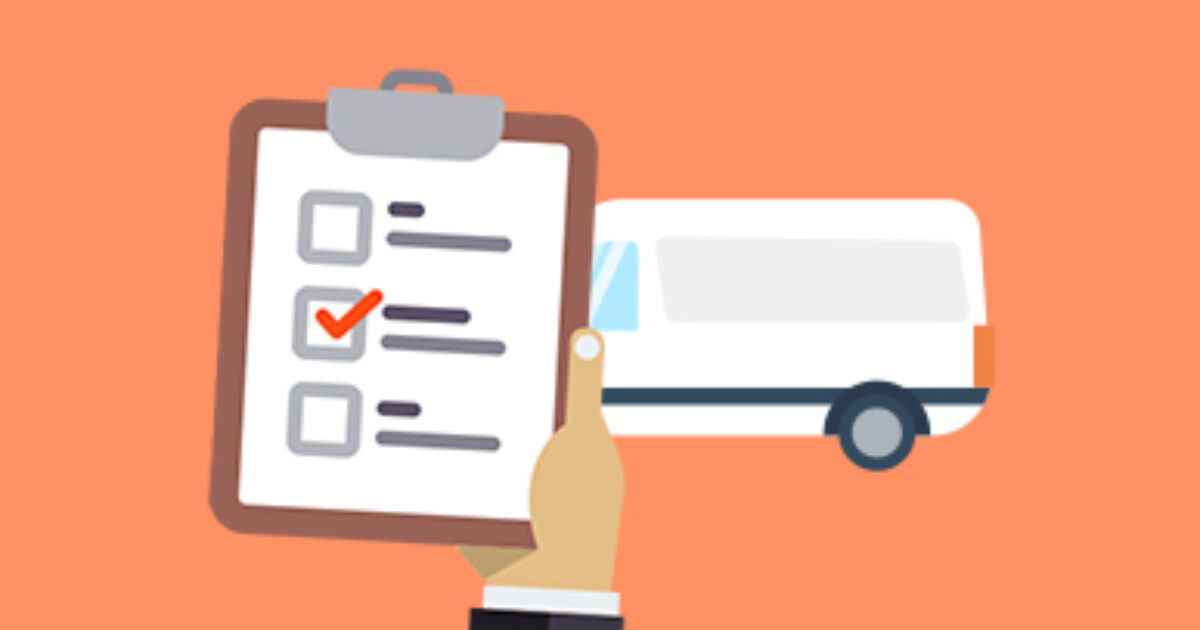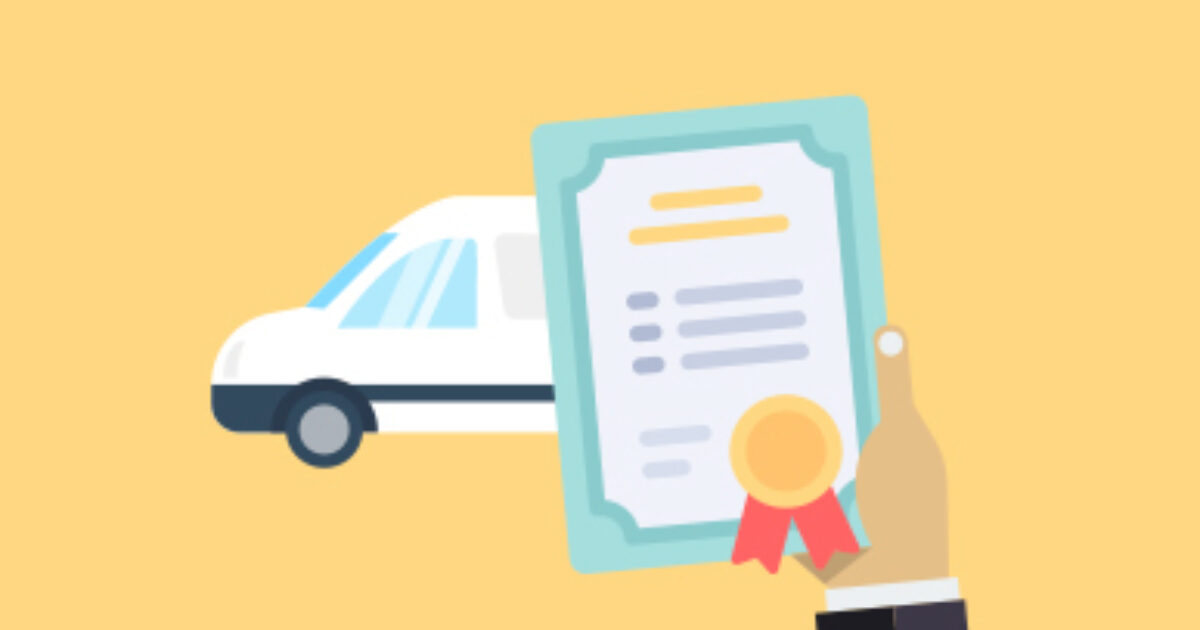Legal factors of selling your van
It’s not as easy as advertising your van and making the sale, there are a lot of legal factors that can affect your ability to sell your van. Jamjar’s van guidance will help detail the possible legal matters you might face when selling, and how best to resolve them.
Informing the DVLA
This is an absolute must for anyone who is selling their van. The reason for informing the DVLA of every vehicle sale is to ensure that all vehicles have up-to-date registered keepers. This information is used for a number of reasons – tax being one of them.
Not only don’t you want any future issues with being responsible for tax payments on the vehicle, but you can actually get a partial refund on the remaining year if done correctly. Furthermore, if you’re still considered the registered keeper of the van, any fines or letters will still be sent and attributed to you, making you liable for someone else’s problem.
Fortunately, the process is the same regardless of whether you’re selling a van, car or motorbike. Read our in-depth guide on how to handle updating the registered keeper of a vehicle.
Selling your van that’s on finance
This is a tricky subject. Strictly speaking, you cannot sell a vehicle that’s still under a finance contract, as you are not necessarily the legal owner of a van in this circumstance. You still owe money to the finance company, therefore cannot sell the van without first settling the debt that is owed It’s also important to understand that the registered keeper of a vehicle is not the same as the legal owner.
Some finance contracts do not allow for ownership of the vehicle upon contract completion. This is more often seen in commercial finance contracts, which often have stipulations over how the vehicle is used upon completion of the contract; the vehicle may be returned to the finance company, you may be required to sell the vehicle upon completion, or the vehicle ownership may be transferred to you. It’s important to know exactly what agreements you’ve made in your finance contract, as this could stop you from selling.
Providing you are given ownership of the van at the end of the contract, you can pursue an early settlement to resolve it sooner and be able to then sell your van on. You can ask your finance company for a settlement fee at any point without worry, as they are legally required to inform you. Once you know how much you still owe, you can decide whether to pay the outstanding figure and sell the van to recoup the cost or sit tight until the contract naturally ends.
In some circumstances, buyers associated with Jamjar may be able to help you pay off outstanding finance in order to purchase your van, but this will depend on the buyer and the specific situation of the vehicle.
Selling a van that’s failed its MOT
It’s not illegal to sell a van that has failed an MOT, though there are some legal issues that surround it you should be aware of. Outside of the difficulty posed actually getting someone to buy a van that isn’t currently roadworthy without repairing it first (your best bet is to approach a dealership or van buying service with the appropriate facilities), you have to be careful in how you handle any sales when showing a van without an MOT.
Firstly, it’s illegal to allow anyone to test drive the van. The vehicle is not legally allowed to be on the road, therefore you’ll face a penalty charge should this occur. Secondly, you must make the buyer aware that the vehicle is not roadworthy, both to protect yourself from any recourse after the sale, and to properly inform the buyer of the vehicle’s status. Finally, you cannot let them drive away after the sale if you haven’t already updated the registered keeper of the van itself or you’re still in breach of the law.
Of course, if you have updated the van’s details correctly, you are under no obligation to stop them and won’t be held legally responsible, but they will then incur any legal repercussions that occur. We’d highly recommend avoiding this altogether though and making sure that they know the van can’t be driven away after-sale, and that it needs to be towed or transported through alternative methods.
Jamjar.com makes selling your car quick, easy, and hassle-free. By comparing offers from a trusted network of UK car buyers, you get the best price without the stress of negotiating or haggling. There are no hidden fees, no obligation to sell, and the entire process is 100% online. Whether your car is nearly new or well-used, Jamjar helps you sell it fast and for a fair price—saving you time and effort.


